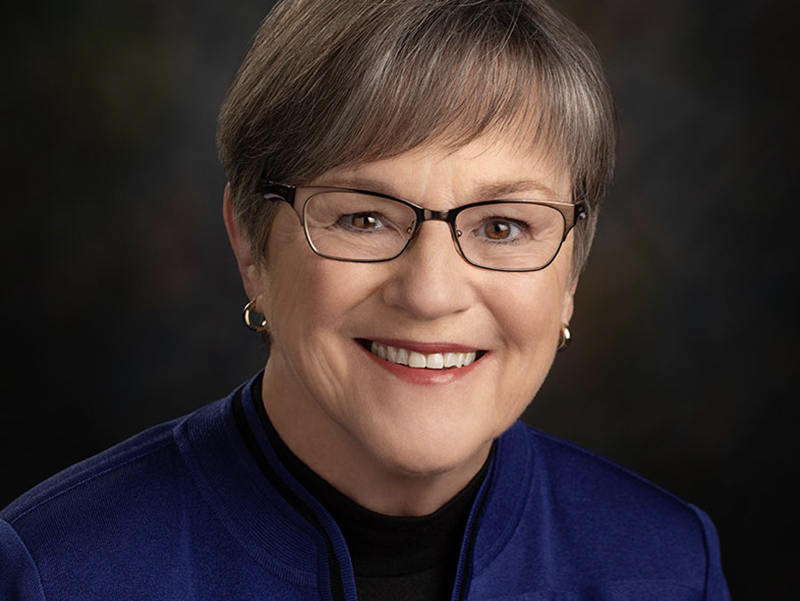Florida Expands “Don’t Say Gay” Law to All Grades
The Florida Board of Education has approved a rule expanding prohibitions on LGBTQ-related instruction to all grades in K-12 public schools.

The Florida Board of Education has approved expanding the “Parental Rights in Education” law, dubbed the “Don’t Say Gay” law by opponents.
The expansion will prohibit discussions of sexual orientation or gender identity, except in rare circumstances, in all K-12 schools in Florida.
The rule approved by the board on Wednesday was proposed by Republican Gov. Ron DeSantis earlier this year.
It governs “professional conduct” by teachers, prohibiting instructors in grades 4-12 from “intentionally provid[ing] classroom instruction” on sexual orientation or gender identity.
Teachers found in violation of the rule could face suspension or even have their teaching licenses revoked.
The rule has an exception, in which teachers may broach LGBTQ content only if it is in line with state curriculum or is part of a reproductive health course — provided that parents who might object to such content have the chance to “opt-out” of the lessons beforehand.
Under the existing “Don’t Say Gay” law, which DeSantis signed into effect last year, teachers in grades K-3 are already prohibited from providing instruction on LGBTQ-related issues, and are required to keep parents informed of any changes to or decisions related to a student’s mental, emotional, or physical health or well-being.
Proponents of the expansion argue that parents have the right to determine whether and when their children learn about potentially sensitive topics, and should not have to worry that their children may be receiving instruction on, or being exposed to, topics that they believe are age-inappropriate.
But opponents of the expansion — not to mention the underlying law — say it will lead to censorship in the classroom, gagging teachers and students alike from broaching certain topics that should be open to academic debate.
Some also fear that, in attempting to enforce the law, teachers and administrators will actively punish LGBTQ youth for acknowledging their identity — even going so far as to bar them from participating in some school activities — or will shame students who are being raised by same-sex parents.
“This policy will escalate the government censorship sweeping our state, exacerbate our educator exodus, drive hardworking families from Florida, and further stigmatize and isolate a population of young people who need our support now more than ever,” Equality Florida, the state’s top LGBTQ advocacy group, said in a statement posted to Twitter.
“Shame on the DeSantis Administration for putting a target on the backs of LGBTQ Floridians.”
The new rule will take effect in one month after it goes through a procedural comment period, according to The Associated Press.
The law’s expansion marks the latest move by the DeSantis administration targeting the LGBTQ community as the two-term governor seeks to elevate himself as a potential presidential contender in 2024. DeSantis has branded himself as a socially conservative warrior against “woke” ideology in society, pushing back against a host of ideas or social justice actions that stray from traditional worldviews, including the idea of LGBTQ inclusion.
While DeSantis has not commented on the expansion directly, Education Commissioner Manny Diaz, Jr., a DeSantis appointee, has argued the rule regarding professional conduct is needed to clarify confusion around the existing law and reinforce the idea that teachers should not deviate from existing curriculum, only using previously vetted textbooks, reading material, and lesson plans.
However, when DeSantis first signed the law into effect, he claimed schools were trying to “sexualize” children as young as five years old, arguing that the measure was needed in order to give parents control over their children’s education and ensure they are aware of any services, including mental health counseling, being offered or lessons being taught in schools.
DeSantis’s fellow Republicans are currently working on a bill to formally expand the law, in order to ensure its provisions will remain intact even after DeSantis leaves office. That bill, which already passed the House of Representatives, prohibits instruction sexual orientation or gender identity through eighth grade, and requires that any instruction at the high school level be “age appropriate or developmentally appropriate for students, in accordance with state standards.”
The Senate has not yet voted upon the measure, but is expected to pass it within the next month, setting it up to be signed into law by DeSantis by the end of the current school year.
Support Metro Weekly’s Journalism
These are challenging times for news organizations. And yet it’s crucial we stay active and provide vital resources and information to both our local readers and the world. So won’t you please take a moment and consider supporting Metro Weekly with a membership? For as little as $5 a month, you can help ensure Metro Weekly magazine and MetroWeekly.com remain free, viable resources as we provide the best, most diverse, culturally-resonant LGBTQ coverage in both the D.C. region and around the world. Memberships come with exclusive perks and discounts, your own personal digital delivery of each week’s magazine (and an archive), access to our Member's Lounge when it launches this fall, and exclusive members-only items like Metro Weekly Membership Mugs and Tote Bags! Check out all our membership levels here and please join us today!

























